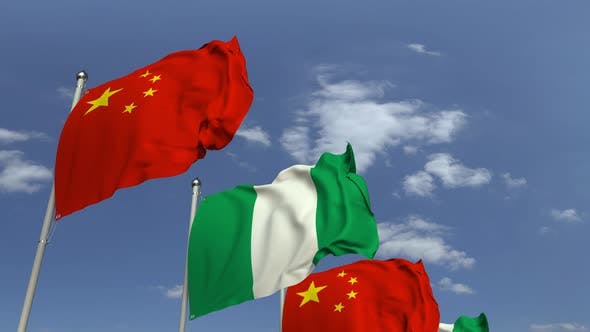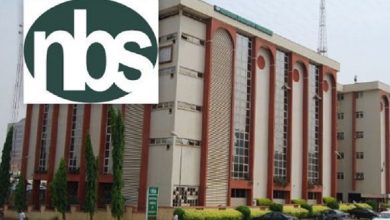10 Nigeria’s Richest States ranked By GDP

Nigeria, is one of the continent’s wealthiest nations, thanks to its abundant natural resources like coal, tin, and iron ore.
The richest states in Nigeria are the main drivers of this wealth, significantly contributing to sectors such as tourism, cultural heritage, education, and intellectualism.
These states, with their robust economies and developed infrastructure, play a crucial role in the nation’s economic prowess.
Their rankings are determined by major industries, contributions to the national GDP, and the abundance of natural resources.
1. Lagos State — GDP: ₦41.17 trillion
Lagos State, the commercial nerve centre of Nigeria, takes the crown as the wealthiest state by GDP. Lagos is a finance, commerce, and industry hub, home to Nigeria’s busiest seaports and airports. Its thriving entertainment and technology sectors further contribute to its economic dominance.
2. Rivers State — GDP: ₦7.96 trillion
Rivers State is known for its oil and gas industry. With significant oil reserves and robust industrial activity, including petrochemicals and manufacturing, Rivers State plays a pivotal role in Nigeria’s energy sector, contributing substantially to the nation’s GDP.
3. Akwa Ibom State — GDP: ₦7.77 trillion
Akwa Ibom State, another oil-rich region in Nigeria, has a flourishing petroleum industry. Besides oil extraction, the state benefits from agriculture, tourism, and a growing services sector. Its strategic location along the Atlantic coast enhances its economic potential, attracting investments and fostering development.
4. Imo State — GDP: ₦7.68 trillion
Imo State stands out for its diverse economy and thriving agriculture, commerce, and manufacturing sectors. The state’s strategic location, coupled with government initiatives to promote investment and entrepreneurship, has propelled its economic growth and contributed significantly to Nigeria’s GDP.
5. Delta State — GDP: ₦6.19 trillion
Delta State, another oil-producing region in the Niger Delta, the state has vast oil and gas reserves. The state’s economy revolves around oil exploration, refining, and related industries. Additionally, agriculture, trade, and services play crucial roles in driving Delta State’s economic prosperity.
6. Anambra State — GDP: ₦5.14 trillion
Anambra State is popularly known for its vibrant commercial activities and entrepreneurship culture. The state’s economy thrives on trade, manufacturing, and agriculture, with notable contributions from sectors like banking, real estate, and education.
7. Ondo State — GDP: ₦5.10 trillion
Ondo State, blessed with abundant natural resources, including bitumen and cocoa, has a diverse economy. Agriculture, mining, and manufacturing are key drivers of economic growth in the state. Ondo’s strategic investments in infrastructure and human capital development further bolster its economic resilience.
8. Ogun State — GDP: ₦5.03 trillion
Ogun State, situated in southwestern Nigeria, is an industrial hub with a robust manufacturing sector. The state’s proximity to Lagos, coupled with its favourable business environment and infrastructure, attracts investments across various industries, including agribusiness, construction, and logistics.
9. Bayelsa State — GDP: ₦4.63 trillion
Bayelsa State, primarily an oil-producing region, relies heavily on the petroleum industry for its economic sustenance. Despite its oil wealth, the state faces developmental challenges, including infrastructure deficits and environmental concerns. Efforts to diversify the economy through agriculture and tourism are underway to unlock Bayelsa’s full economic potential.
10. Niger State — GDP: ₦4.58 trillion
Niger State, located in north-central Nigeria, boasts a rich agricultural heritage, with vast arable land and mineral resources. Agriculture, mining, and hydroelectric power generation are key pillars of its economy. Government initiatives to enhance infrastructure and attract private investments are crucial for driving Niger State’s economic growth.






